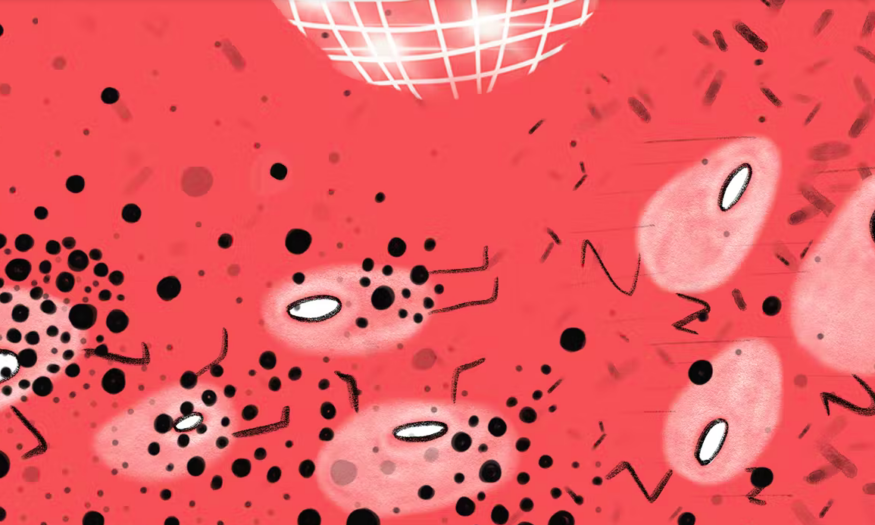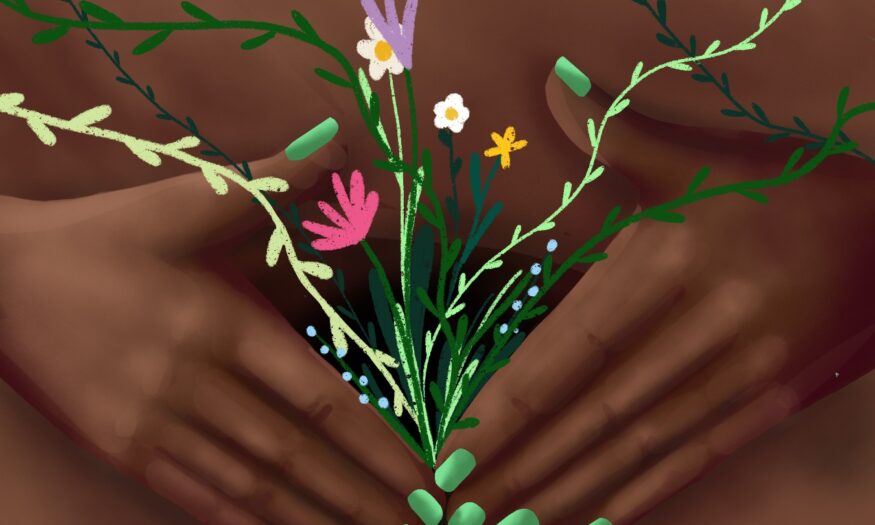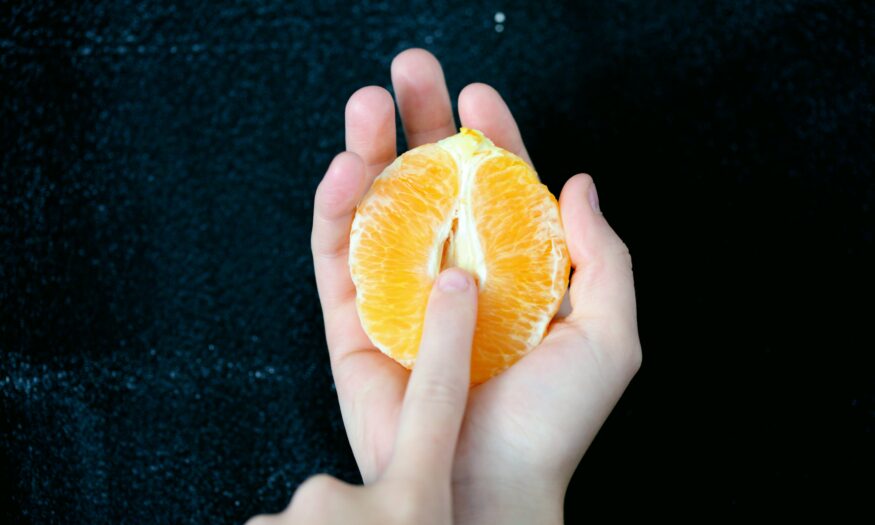Prevention and Home Treatments for Urinary Tract Infections (UTIs)
 Yulia Khlebnikova/Unsplash
Yulia Khlebnikova/Unsplash
The following tips may help you avoid cystitis and other UTIs and help prevent recurrences. Unfortunately, many of us don’t have the funds, time, space, or support to try this advice or even to get needed medical treatment. We encourage you, when you’re feeling better, to support organizations and movements that improve access to care and resources, so that none of us is left suffering with untreated UTIs. Home remedies may be effective, but then again they may not–the evidence isn’t strong enough one way or the other. You may think “what’s the harm?” but home remedies and prevention cost us time, effort, and sometimes considerable money. Deciding whether and how much to invest in them also takes time and energy away from other things we may want to do, including resting and recuperating! On the other hand, if a home remedy works for you, you’ll almost certainly think it was worth it. There is no right or wrong decision here, just things to consider.
Maintain your overall physical and mental health. Eat well, get more rest, and find ways to reduce stress as much as possible.
Drink lots of fluids every day. Try to drink a glass of water every two or three hours. For an active infection, drink enough so you can pour out a good stream of urine every hour.
Urinate frequently and try to empty your bladder completely each time. Never try to hold your urine once your bladder feels full.
Keep yourself clean. Wipe from front to back after urinating or having a bowel movement to keep the bacteria in your bowels and anus away from your urethra. When you shower, wash your genitals from front to back with plain water or very mild soap.
Wash before sex. Wash your hands and genitals before sex and after contact with the anal area (especially before touching the vagina or urethra). Your partner(s) should also wash before sex.
Prevent sexual irritation. Any sexual activity that irritates the urethra, puts pressure on the bladder, or spreads bacteria from the anus to the vagina or urethra can contribute to cystitis. To prevent irritation, avoid pressure on the urethral area. Also, consider avoiding prolonged direct clitoral stimulation during sex or masturbation if you find it leads to cystitis.
Make sure your vagina is well lubricated before penetration of any kind. Rear-entry positions and prolonged vigorous intercourse tend to put additional stress on the urethra and bladder. Emptying your bladder before and after sex is a good idea.
If you tend to get cystitis after sex despite these precautions, you may want to ask your medical practitioner for preventive drugs (sulfa, ampicillin, nitrofurantoin); a single tablet after sex can prevent infections and usually doesn’t have the same negative effects as taking antibiotics for a longer time can.
Try changing your birth control. People taking oral contraceptives have a higher rate of cystitis than those who don’t take them. Some diaphragm users find that the rim pressing against the urethra can contribute to infection. (A different-size diaphragm or one with a different rim may solve this problem.) Contraceptive foams or vaginal suppositories may irritate the urethra. Condoms that are not lubricated may put pressure on the urethra, and the dyes or lubricants may cause irritation.
Change menstrual pads often. The blood on the pad provides a bridge for bacteria from your anus to your urethra. Some people also find that tampons or sponges put pressure on the urethra.
Wear loose clothing and give your urethra space. Tight jeans may cause trauma to the urethra, as may some physical activities such as bicycling or horseback riding.
For more on what causes UTIs and what medical treatments are available, see Urinary Tract Infections (UTIs).
Home Remedies
These remedies have not been proven to be effective, but we are including them because some people have found them to be helpful. Generally, research has not been conducted thoroughly enough to draw conclusions about their value. However, they should not be considered a substitute for medical treatment.
Avoid or reduce caffeine and alcohol. Both might irritate the bladder. If you drink either, be sure to drink enough water to dilute them.
Acidify your urine. Some people find that unsweetened cranberry juice, a cranberry concentrate supplement, or vitamin C every day helps prevent UTIs. It’s possible that hippuric acid in cranberry juice may help prevent bacteria from sticking to the bladder lining (mucosa).
If you have an infection, you might try combining 500 mg of vitamin C with cranberry juice four times a day, or eat half a cup of fresh cranberries in plain, live-culture yogurt instead. Whole grains, meats, nuts, and many fruits may also help to acidify the urine. Some people are also helped by avoiding strong spices such as curry, cayenne, chili, and black pepper.
Avoid refined (white) sugars and starches. White flour, white rice, and ordinary pasta may facilitate urinary tract infections by feeding bacteria.
Try certain vitamins or herbal remedies. Vitamin B6 and magnesium/calcium supplements may help to relieve spasm of the urethra that can predispose you to cystitis. Drinking teas made of uva ursi, horsetail or shavegrass, barberry, echinacea, cornsilk, cleavers, lemon balm, or goldenseal may be beneficial to the bladder. Consult an herbalist to learn more about their specific properties and the correct doses.
Try soothing your stomach. Unsweetened yogurt, acidophilus, and other fermented foods may help keep your intestinal biota in balance when you’re taking antibiotics. Anything that calms your digestive system will be helpful if antibiotics cause diarrhea or otherwise disrupt your digestion.
Related Articles:






